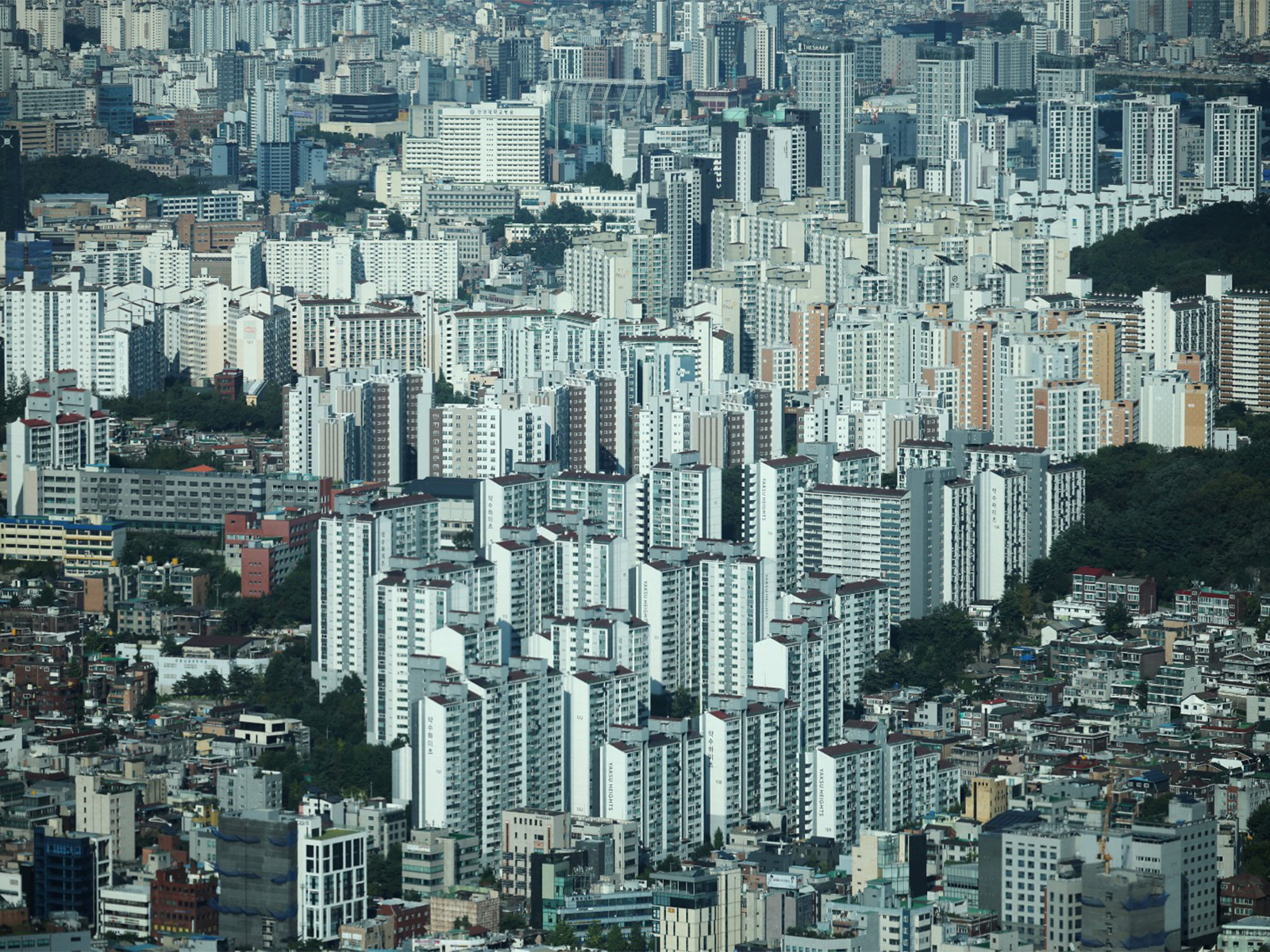Seoul [South Korea], September 17 (ANI): As trade negotiations between South Korea and the United States remain deadlocked, concerns are rising that expanding investment in the US could accelerate the hollowing out of Korea’s domestic manufacturing industry, as per a report by Pulse, the English service of Maeil Business Newspaper Korea.
At a National Assembly forum, Professor Hur Jung of Sogang University, who chairs the Korean Association of Trade and Industry Studies, said, according to the Pulse report, that unlike earlier waves of foreign direct investment (FDI) in China, the recent surge of FDI in the US has coincided with declines in both manufacturing jobs and value-added output in Korea.
“Between 2000 and 2010, when Korea’s FDI in China surged, the proportion of manufacturing employment in Korea decreased, but the share of manufacturing in value-added actually increased,” Hur said, as per the news report.
“However, between 2015 and 2024, when FDI in the U.S. sharply rose, both manufacturing employment and value-added shares declined.”
In July, the Korean government agreed to a USD 350 billion investment package with the US. In addition, Korean companies announced another USD 150 billion in investment plans during the Korea-US summit last month – bringing the total to nearly USD 500 billion.
Critics, however, say the scale far exceeds domestic spending, with Korea’s manufacturing facility investment totalling about USD 100 billion as of last year.
Hur cautioned that the US deal mirrors Japan’s arrangement, under which Tokyo has agreed to let US President Donald Trump decide where USD 550 billion worth of its capital is invested in the US as part of a deal to avoid high tariffs.
“Japan is a reserve-currency nation with far larger foreign exchange reserves,” Hur said. “Korea cannot commit USD 350 billion in cash.”
He warned of risks to both foreign exchange stability and domestic industry.
Data from the Export-Import Bank of Korea shows that Korea’s FDI had historically flowed more to China than the US until 2010, coinciding with strong economic growth and stable domestic investment.
Since 2015, however, US-bound investment has surged while South Korea’s growth slowed, and factory closures have begun to outpace new plant openings, as per the Pulse report.
Hur further urged policymakers to counterbalance US commitments by easing domestic regulations and providing subsidies to larger companies.
“If tariffs and U.S. investment remain fixed variables, Korea must strengthen support at home to protect its manufacturing base,” he said. (ANI)
Disclaimer: This story is auto-generated from a syndicated feed of ANI; only the image & headline may have been reworked by News Services Division of World News Network Inc Ltd and Palghar News and Pune News and World News
HINDI, MARATHI, GUJARATI, TAMIL, TELUGU, BENGALI, KANNADA, ORIYA, PUNJABI, URDU, MALAYALAM
For more details and packages














